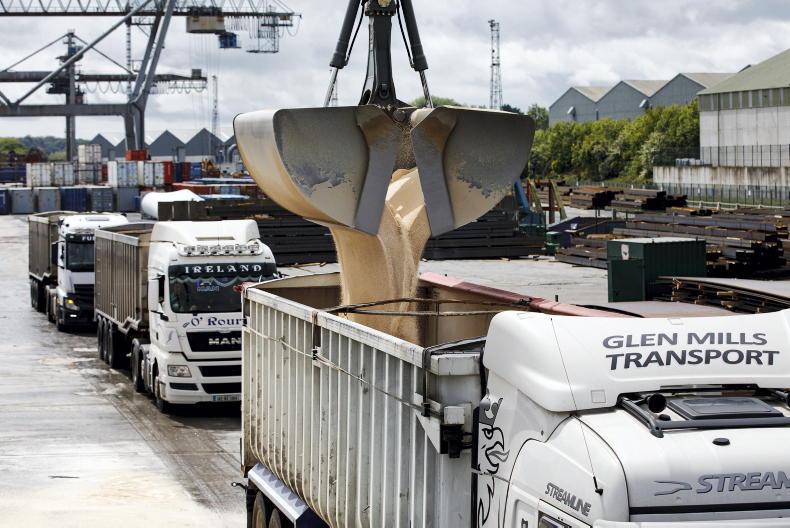There has been a lot of speculation lately about sanctions on goods from Russia and sanctions against Russian individuals.
In order to get an understanding of what is going on, it is worth looking at the different regimes and who is in charge of what.
The first thing that is important to understand is that there are two types of sanctions – trade and financial – which we will be looking at here. Trade sanctions are restrictions on engaging in the buying and selling of certain types of goods.
Financial sanctions are restrictions on making payments to sanctions individuals or entities.
These different types of sanctions are important as it means, in Ireland at least, there are three different bodies involved in the implementation of sanctions.
According to the Department of Foreign Affairs (DFA) website, the three competent bodies here are the DFA, the Department of Enterprise, Trade and Employment and the Central Bank of Ireland.
The DFA website also says that because of “the multi-sectoral nature of sanctions measures, a wide range of Government stakeholders are also engaged with sanctions-related issues.”
In case this isn’t Kafkaesque enough, almost all sanctions rules have derogations – circumstances under which the sanctions do not apply.
In the case of fertiliser, the EU, in regulation 2022/579, said it is prohibited to purchase, import, or transfer, directly or indirectly, goods which generate significant revenues for Russia.
It is up to importers to satisfy themselves that the product they are importing is the correct one under the derogation
Except that you can, if the product is one of three types of fertiliser given a derogation and the total import of that product between 10 July 2022 and 9 July 2023 does not exceed 1,577,807 metric tonnes.
Management
The management of the total of that quota of almost 1.6m tonnes lies with the European Commission under articles 49 to 54 of the Commission Implementing Regulation of 2015.
It is up to importers to satisfy themselves that the product they are importing is the correct one under the derogation.
When contacted, a spokesperson for the Department of Enterprise, Trade and Employment said it is available to help provide clarification for traders regarding specific points arising from sanctions, but that the obligation is on traders to ensure they are fully compliant with EU sanctions.
The spokesperson added that the Department cannot provide legal advice and that traders should obtain professional advice where necessary.
Should a trader satisfy themselves that they have enough quota and that they are importing the right product then they can go ahead with the trade, right?
Not quite. They also have to be aware of financial sanctions. Those can target certain companies or individuals.
Many people in Ireland will remember how US sanctions on Russian oligarch Oleg Deripaska and his company Rusal ended up threatening the future of the Aughinish Alumina plant in the Shannon Estuary. Not because the plant or its products or raw materials were sanctioned, but because no bank was willing to handle a payment that may one day end up in the bank account of Deripaska, the plant’s ultimate owner.
Comment
And, even then, there is a lack of clarity. When it comes to financial sanctions, the Irish Central Bank is the competent authority. When contacted for comment by the Irish Farmers Journal, a spokesperson stated that even if a company is not directly sanctioned, it still may be subject to the regulations if the owner is a designated individual.
Decisions on derogations from financial sanctions seem to be taken at the Irish Central Bank
Once again, though, according to the spokesperson, there is room for a derogation here. Rather than a decision being taken at the EU level – like the one to introduce a 1.6m tonne quota – decisions on derogations from financial sanctions seem to be taken at the Irish Central Bank.
The spokesperson said: “EU regulations relating to sanctions often contain derogations to allow an activity or payment that are otherwise prohibited by the regulations to take place in certain specified circumstances.”
The central bank maintains a website for assessing derogations which, when accessed, said that the volume of requests it is currently taking “several weeks, if not longer, to assess derogation requests.”
Back on the ground in Ireland, Nitrofert is the only importer to have successfully negotiated the massive bureaucracy outlined above. CEO Eamonn Galavan said that his company is very happy with what they have for their customers and will explore availability of quota, supply and storage before making a decision on further imports.






 This is a subscriber-only article
This is a subscriber-only article









SHARING OPTIONS: